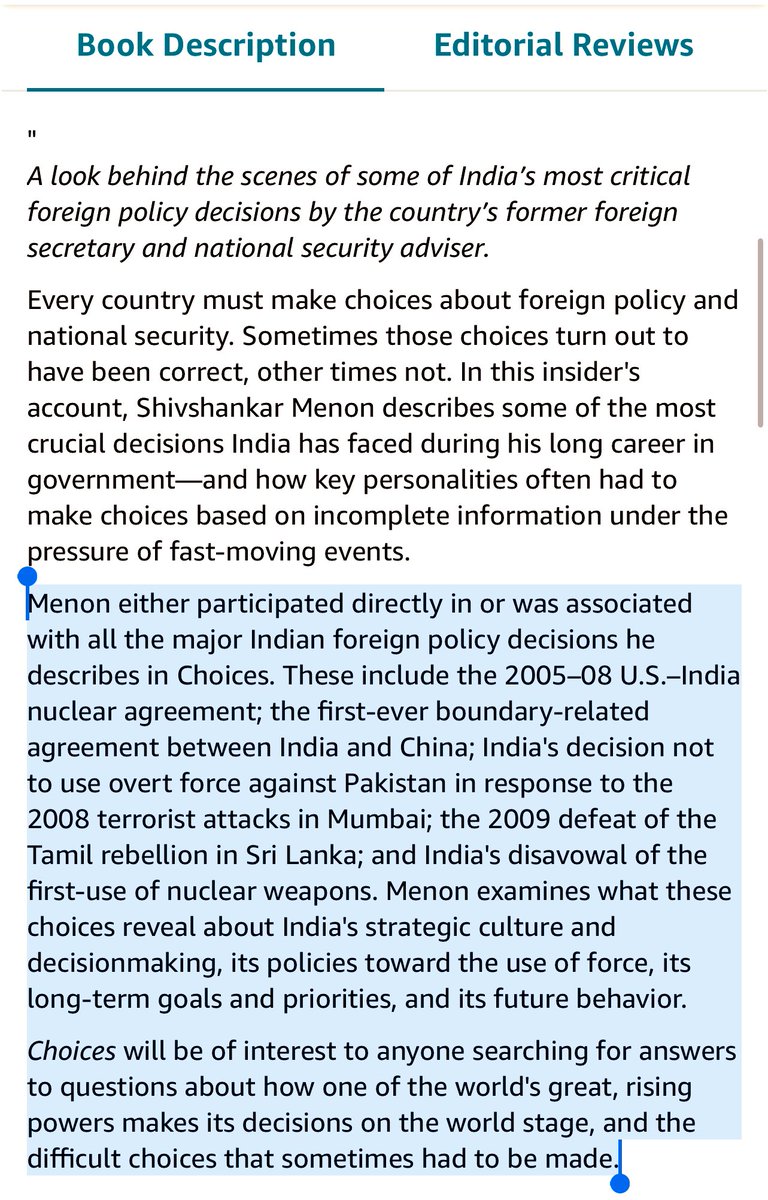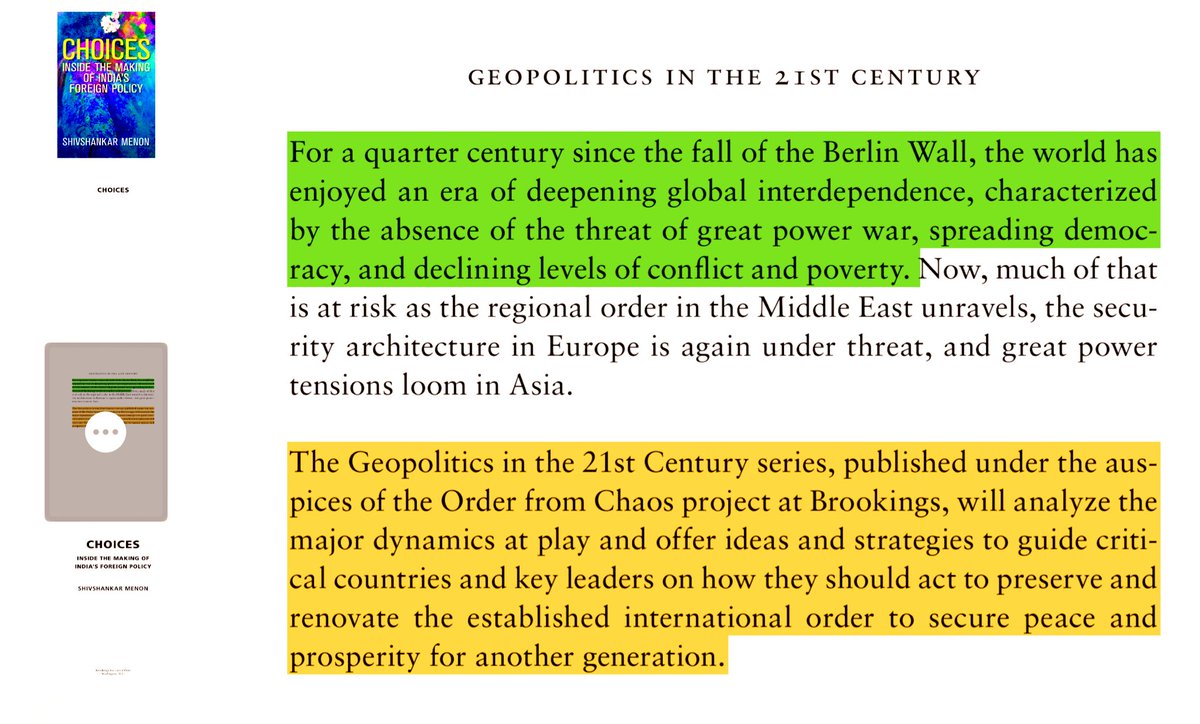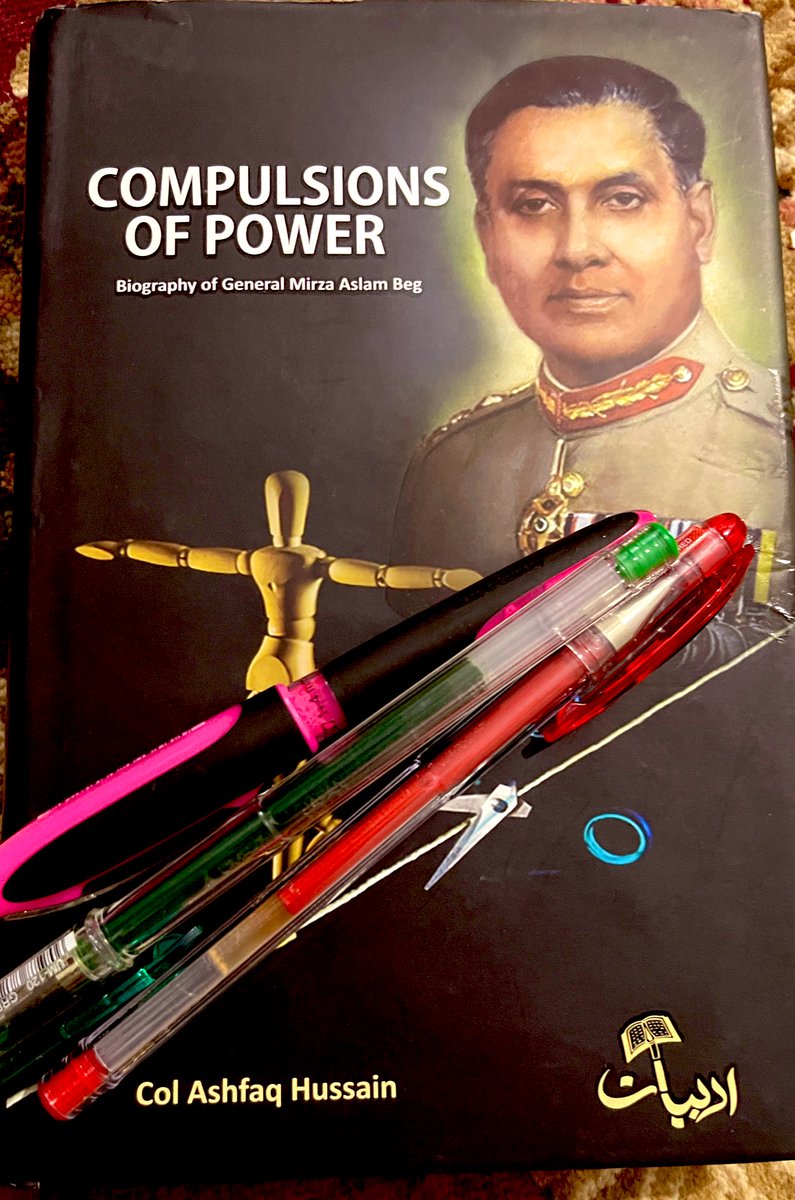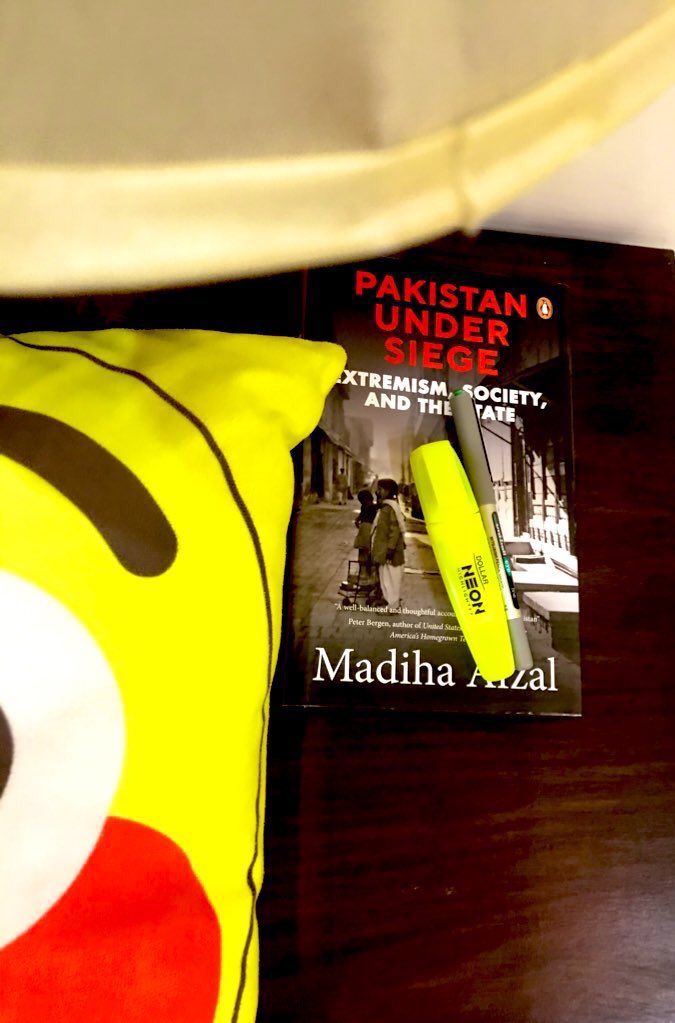◼️THREAD 157 /1000
▪️Title: #ChoicesInsideTheMakingOfIndianFP
▪️Genre: GeoPolitics
▪️Published: 2016
▪️Author(s): @ShivshankaMenon
▪️Print by: @BrookingsInst
▪️Length: 166
▪️Cost: $26
▪️Description: On India’s most critical FP decisions by former foreign secretary and NSA.
▪️Title: #ChoicesInsideTheMakingOfIndianFP
▪️Genre: GeoPolitics
▪️Published: 2016
▪️Author(s): @ShivshankaMenon
▪️Print by: @BrookingsInst
▪️Length: 166
▪️Cost: $26
▪️Description: On India’s most critical FP decisions by former foreign secretary and NSA.

About the author @ShivshankaMenon 

Book description by @amazon 

The Geopolitics in the 21st Century 15 books series, published under the auspices of the Order from Chaos project at Brookings @BrookingsInst, will analyze the major dynamics at play and offer ideas and strategies to guide critical countries and key leaders on how they should act 

Choice involves uncertainty, risk, & immediacy; those who must make the choices operate in contemporary fog that envelops events rather than from certainty and clarity that come with time, distance, & reflec- tion. Nowhere is this more true than in foreign policy decisionmaking. 

Reforms, such as dismantling the crippling set of government regulations known as licence-permit system, and opening India to the world from 1991 on, saw a series of actions that coincided with the high noon of the globalized world economy between 1989 and 2008. 

All three, Rao, Vajpayee, & Singh thought deeply about FP before entering office, & brought intellectual capital to task of remaking India’s policies to fit changed situation. They were intellectuals who enjoyed playing with concepts, ideas,& options that new FP challenges posed. 

The decisions examined in this book cover India’s relationships with the 🇺🇸 , 🇨🇳 , 🇵🇰 , and 🇱🇰 , and India’s nuclear posture. They relate to a period when India’s engagement with world was redrawn: when relations with the 🇺🇸 were transformed & relations with 🇨🇳 were stabilized. 

A boundary is a line agreed upon by both states & normally delineated on maps & on ground by both states. A border is a zone between two states, nations,or civilizations. It is frequently also an area where peoples,nations, & cultures intermingle &are in contact with one another. 

• • •
Missing some Tweet in this thread? You can try to
force a refresh









